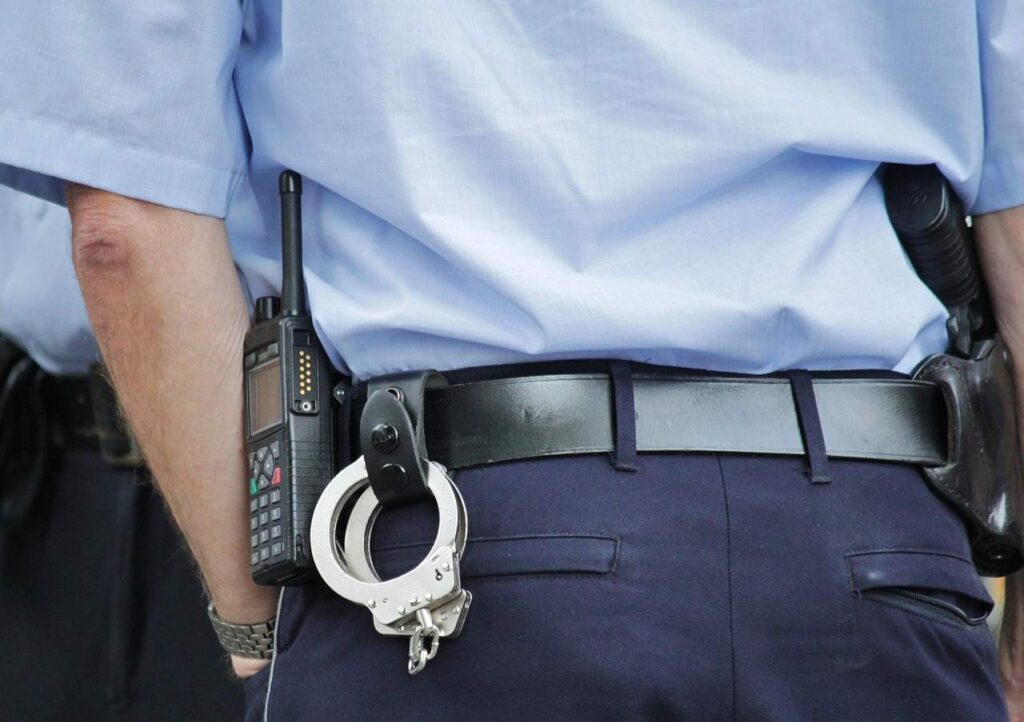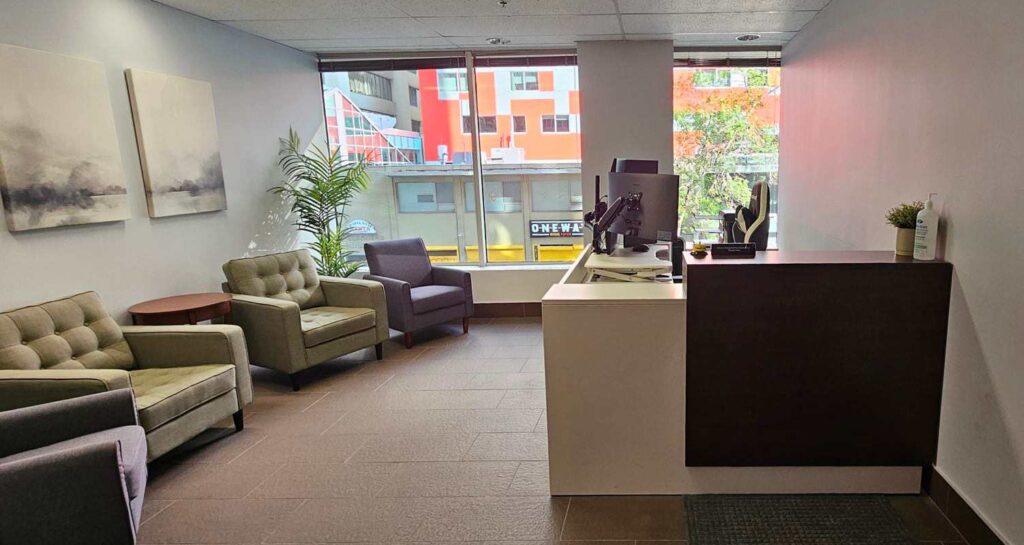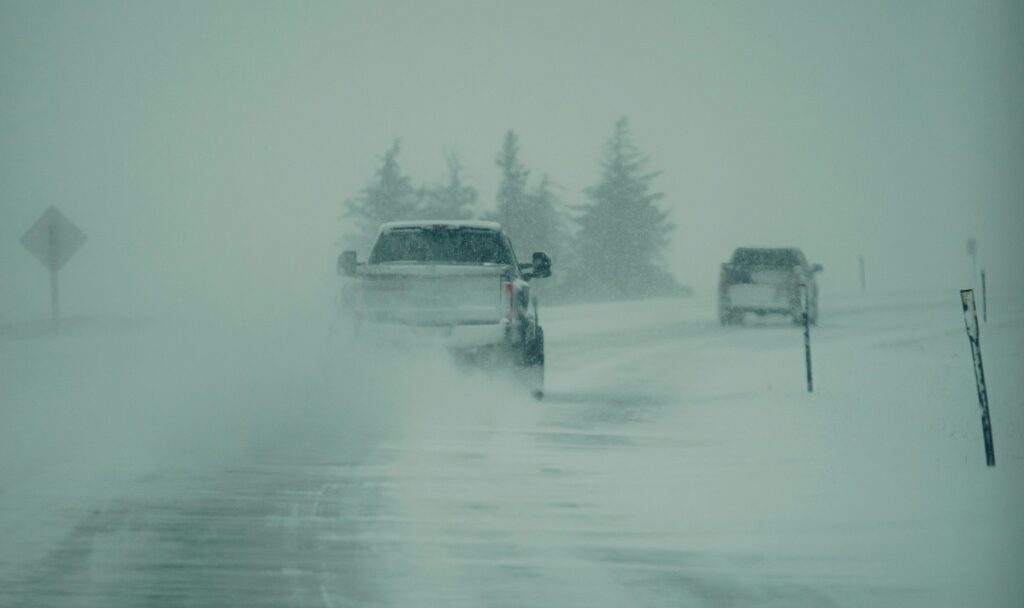What Is an “Over 80” Charge in Calgary?
The term “Over 80” refers to an offence under section 320.14(1)(b) of Canada’s Criminal Code, which makes it illegal to operate a motor vehicle with a blood alcohol concentration of 80 milligrams (mg) of alcohol per 100 millilitres (mL) of blood or more. In legal terms, this is a per se offence — meaning that even if your driving appears unaffected, simply being over this threshold is enough to be charged.
How the Law Is Enforced in Calgary
The Calgary Police Service (CPS) actively enforces impaired driving laws through roadside checkpoints, traffic stops, and mandatory alcohol screening devices. These include:
- Approved Screening Devices (ASDs): Used roadside to measure BAC within minutes.
- Breathalyzer Tests at the Police Station: If the roadside test shows a fail (80 mg or higher), you may be taken to a station for a more accurate evidentiary breath test.
- Blood Tests: Ordered in certain cases where a breath sample cannot be obtained (e.g., medical reasons).
Distinction Between “Over 80” and Impaired Driving
It’s important to understand that “Over 80” is not the same as a general impaired driving charge.
- Over 80 is based strictly on BAC level, regardless of whether you show visible signs of impairment.
- Impaired driving under s. 320.14(1)(a) is based on observable signs that your ability to operate a vehicle is affected by alcohol or drugs, regardless of BAC.
In some cases, drivers in Calgary are charged with both offences simultaneously — impaired driving and over 80 — depending on the evidence available.

How Calgary Police Investigate “Over 80” Cases
The investigation process for an “Over 80” charge in Calgary is highly structured and follows both federal law under the Criminal Code of Canada and provincial policies under Alberta’s Immediate Roadside Sanctions (IRS) Program. Understanding these procedures is critical because any misstep by police can affect the admissibility of evidence and the outcome of the case.
Traffic Stops and Roadside Screening
Calgary Police Service (CPS) officers can initiate a stop for a variety of reasons, including traffic violations, erratic driving, or random check stops. Once stopped, officers may:
- Ask routine questions about alcohol or drug consumption.
- Administer an Approved Screening Device (ASD) test if they have reasonable suspicion that the driver has alcohol in their system.
- Issue a roadside “breath demand” which legally compels the driver to provide a sample on the ASD.
Failing or refusing to provide a roadside sample can lead to criminal charges for refusal, which often carry penalties as severe as an “Over 80” conviction.
Station Procedures and Intoxilyzer Breath Tests
If the roadside ASD registers a “fail” (80 mg/100 mL or more), the driver is typically arrested and taken to a CPS district office. At the station, officers follow strict procedures:
- Provide a formal demand for two evidentiary breath samples using the Intoxilyzer (an approved instrument).
- Ensure that the samples are taken by a qualified breath technician.
- Record and document the results for use in court.
Any delays, equipment malfunctions, or deviations from procedure can be grounds for a Charter challenge later.
Legal Timelines
Under section 320.14(1)(b), police must obtain breath samples within two hours of the time of driving. If samples are taken outside this window, prosecutors must rely on special evidentiary presumptions and expert testimony to prove the BAC at the time of driving, which can make the case more difficult.
Alberta’s Immediate Roadside Sanctions (IRS)
Alberta’s IRS Program, introduced to streamline impaired driving enforcement, allows police to issue administrative penalties immediately at the roadside. These include:
- Immediate licence suspensions ranging from 3 to 90 days.
- Vehicle seizures for first and repeat offenders.
- Mandatory education or treatment programs for reinstatement.
While IRS penalties are separate from criminal charges, CPS often pursues both, meaning drivers may face immediate administrative consequences and later court proceedings for the “Over 80” offence.
Legal Penalties for an “Over 80” Conviction in Calgary
An “Over 80” conviction carries serious consequences that can affect nearly every part of your life — from your ability to drive to your employment prospects. In Calgary, penalties combine federal Criminal Code requirements with Alberta’s provincial administrative sanctions, making the outcome especially significant.
Criminal Code Consequences
Under s. 320.19 of the Criminal Code, the penalties for an “Over 80” offence are mandatory and escalate with each subsequent conviction:
- First Offence: Minimum fine of $1,000 and a mandatory one-year driving prohibition across Canada.
- Second Offence: Minimum 30-day jail sentence and a two-year driving prohibition (plus any court-ordered probation).
- Third or Subsequent Offence: Minimum 120-day jail sentence and a driving prohibition of at least three years, with the possibility of a lifetime ban.
Alberta Driver’s Licence and Insurance Impact
A criminal conviction automatically triggers provincial licensing consequences. In Alberta, this means:
- Licence Suspension: The Alberta Registrar of Motor Vehicles will suspend your licence for the period ordered by the court.
- Ignition Interlock Program: To regain driving privileges early, you must apply for the Ignition Interlock Program and install the device at your own expense.
- Insurance Consequences: Convicted drivers are classified as high-risk, leading to dramatically increased auto insurance premiums for several years — sometimes making coverage very costly or difficult to obtain.
Combined Provincial and Federal Penalties
It is important to note that the Immediate Roadside Sanctions (IRS) Program operates separately from the criminal process. Drivers may face:
- Immediate 90-day roadside suspension and vehicle seizure at the time of arrest.
- IRS education or treatment requirements before reinstatement of full driving privileges.
Even if criminal charges are later withdrawn or reduced, some IRS penalties may remain unless successfully appealed through Alberta’s administrative review process.
Steps to Take After an “Over 80” Charge in Calgary
Comply with Police but Protect Your Rights
The first step is to remain calm and comply with lawful police demands, including providing the required breath samples. However, you also have important Charter rights:
- Right to Silence: You are not obligated to answer questions about where you were or how much you had to drink.
- Right to Counsel: You can immediately request to speak to a lawyer and CPS must give you a reasonable opportunity to do so before further questioning.
Exercising these rights respectfully can prevent additional charges such as refusal or obstruction.
Request Disclosure and Preserve Evidence
Once released, it is crucial to request full disclosure of the Crown’s evidence. This includes:
- CPS reports and officer notes
- ASD and Intoxilyzer maintenance records
- Video footage from body-worn cameras or station interviews
At the same time, you should document your own version of events while it is still fresh — including timelines, witnesses, and any irregularities in the police process that could support a defence.
Act Quickly to Protect Your Licence and Meet Deadlines
Alberta’s Immediate Roadside Sanctions (IRS) program and court processes have strict deadlines. Missing them can mean:
- Losing your chance to appeal a roadside suspension
- Delays in entering the Ignition Interlock Program
- Missing an early opportunity to negotiate with the Crown
Quick action allows your lawyer to preserve evidence and file any necessary Charter applications within the required time limits.
Book a Consultation with a Calgary Impaired Driving Lawyer

Finally, schedule a consultation with an experienced Calgary impaired driving lawyer as soon as possible. A skilled defence lawyer can:
- Review disclosure for errors or Charter breaches
- Build a tailored defence strategy
- Represent you in court to seek a reduced charge, dismissal, or acquittal
Early legal representation often leads to better results, including avoiding unnecessary licence suspensions and reducing long-term financial and personal consequences.




